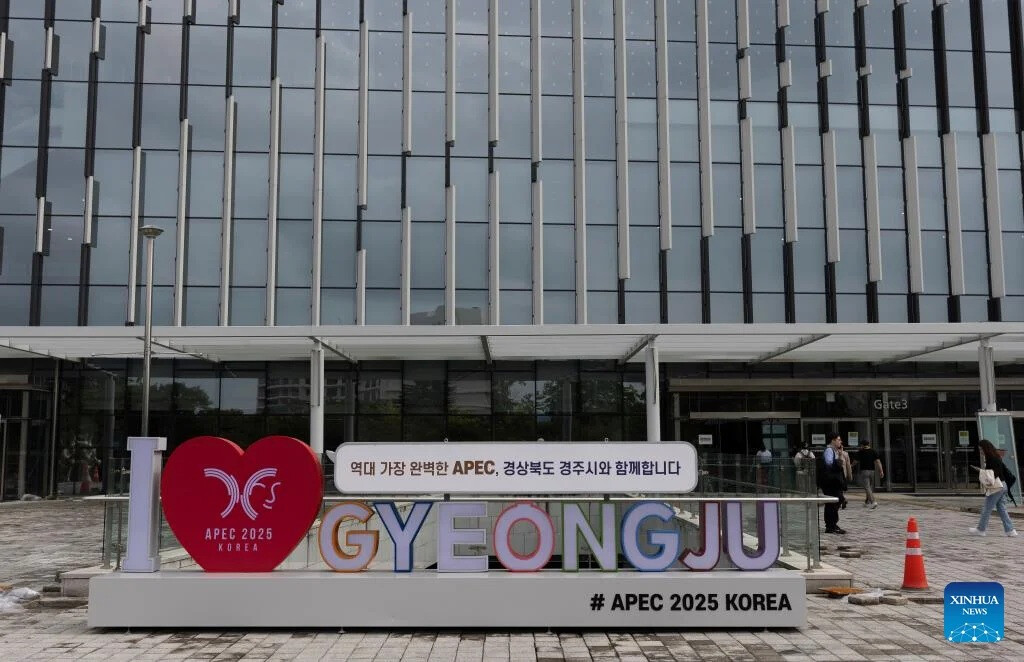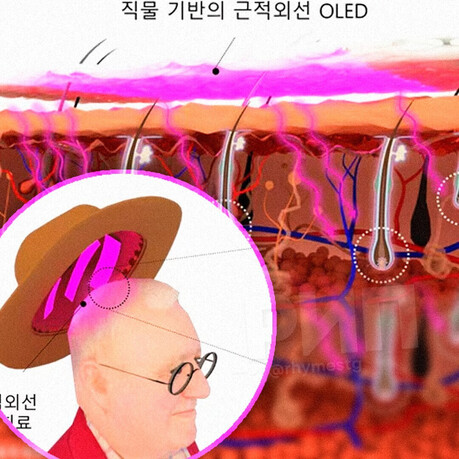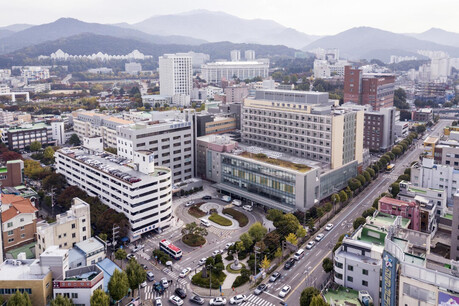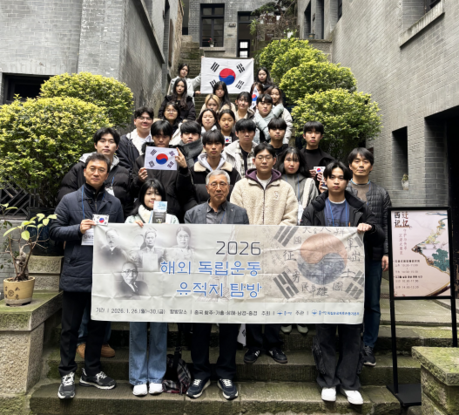
Gyeongju, a major tourist destination that draws nearly 40 million visitors annually, is grappling with a severe "taxi war" every weekend. The scarcity of taxis, exacerbated by the concentration of drivers around key attractions, is causing significant inconvenience for both tourists and local residents. As the city prepares to host the Asia-Pacific Economic Cooperation (APEC) Leaders' Meeting from October 31, there is a growing call to lift the current mandatory taxi rotation system, or '6-day shift,' to prevent a massive transportation crisis.
Tourists and Residents Stranded by Shortages
The struggle to find a taxi has become an unfortunate part of the Gyeongju experience. Areas with clustered attractions like Daereungwon Tomb, Cheomseongdae Observatory, and Hwangnidan-gil Street are particularly affected. Lee Ah-ram, a tourist who visited on October 11, recounted being "completely stranded" after visiting the evening attraction Wolji Pond, waiting for over 20 minutes to finally secure a ride.
The city's annual tourist numbers have been steadily rising, from 39.51 million in 2021 to 47.09 million last year, putting immense strain on the existing transport infrastructure.
The lack of available taxis is not limited to tourists. Residents in the most populous areas, such as Hwangseong-dong, also report difficulties as taxis gravitate toward more profitable tourist routes. Kim Seung-ho, a Hwangseong-dong resident, lamented having to "walk home" after evening gatherings with colleagues, highlighting the disruptive impact on daily life.
Debate over Lifting the Mandatory Taxi Rotation System
According to the Gyeongju City government, the city currently operates 1,072 taxis—765 individual and 307 corporate—a number slightly above the designated optimal fleet size of 1,007. To manage the supply, the city enforces a '6-day shift' rotation system, requiring taxis to take one mandatory day off after six days of operation. This system, initially implemented for energy conservation in 1973, remains in place in only six Gyeongsangbuk-do municipalities, including Gyeongju, while it has been abolished in most major South Korean cities like Seoul and Busan.
With the APEC Summit fast approaching, there is significant concern that the influx of high-level visitors and supporting personnel will overwhelm the current taxi capacity. The Gyeongbuk Individual Taxi Transport Association is urgently demanding the lifting of the 6-day shift. Kim Jae-bong, head of the Gyeongju branch, argued that "lifting the rotation would immediately add about 150 vehicles to the roads," mitigating what he projects will be a severe worsening of the taxi shortage during the summit.
A Gyeongju City official confirmed that the city is currently reviewing the provincial government's request to temporarily suspend the system for the APEC period. However, the official noted that "there are many dissenting opinions," indicating that the decision is still under internal discussion. The balance between ensuring adequate transportation for the global event and addressing the long-term concerns of the local taxi industry and transportation management remains a critical challenge for Gyeongju.
[Copyright (c) Global Economic Times. All Rights Reserved.]






























